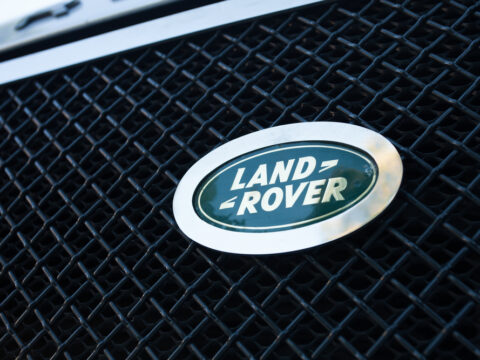When it comes to keeping your car cool and comfortable, your air conditioning system plays a crucial role. However, there are several misconceptions that can lead to unnecessary wear, reduced efficiency, and even costly repairs. In this article, we’ll clear up 15 common air conditioning myths that might be affecting your car’s performance, helping you maintain a more efficient and reliable system.
Contents
Running the A/C Always Wastes Fuel
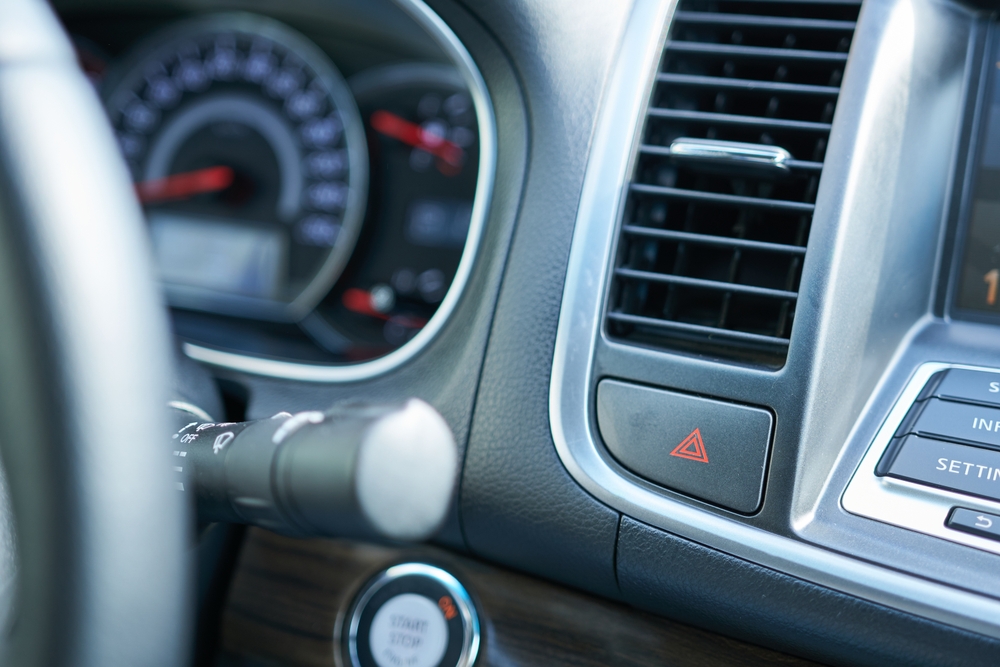
While running the A/C does increase fuel consumption, the idea that it always wastes fuel is misleading. Modern cars have more efficient A/C systems that minimize fuel use, and in some situations, using A/C may be more fuel-efficient than driving with the windows down, which can increase aerodynamic drag.
It’s Best to Always Drive with the Windows Down Instead of Using A/C

Driving with the windows down at high speeds can create significant drag, which forces the engine to work harder, thus consuming more fuel. In contrast, using the A/C at a moderate setting may actually be more efficient, especially on highways.
Turning Off the A/C Just Before You Turn Off the Car Saves Energy
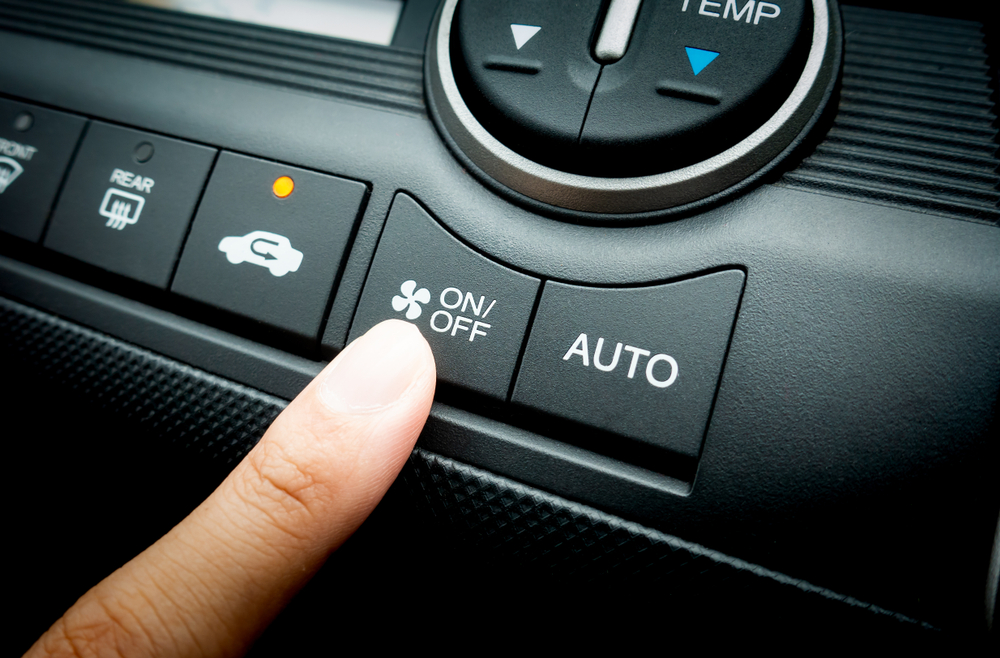
Turning off the A/C just before shutting down your car doesn’t save energy. In fact, doing this can cause a sudden pressure change in the system, which may lead to wear and tear over time. The better approach is to maintain a steady, moderate use of the A/C.
Using the A/C on a Low Setting Uses Less Fuel
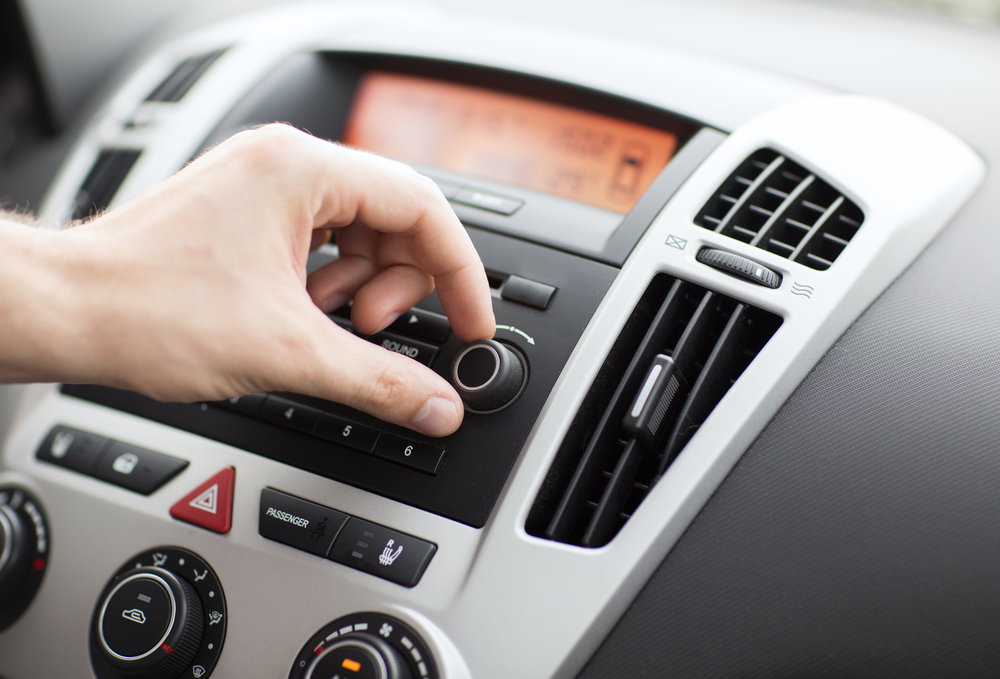
The A/C system’s compressor is either on or off, meaning that running the A/C on a low setting doesn’t necessarily use less fuel. The system works most efficiently when allowed to cool the car to the desired temperature and then cycle off.
A/C Only Affects Cabin Temperature, Not Engine Performance
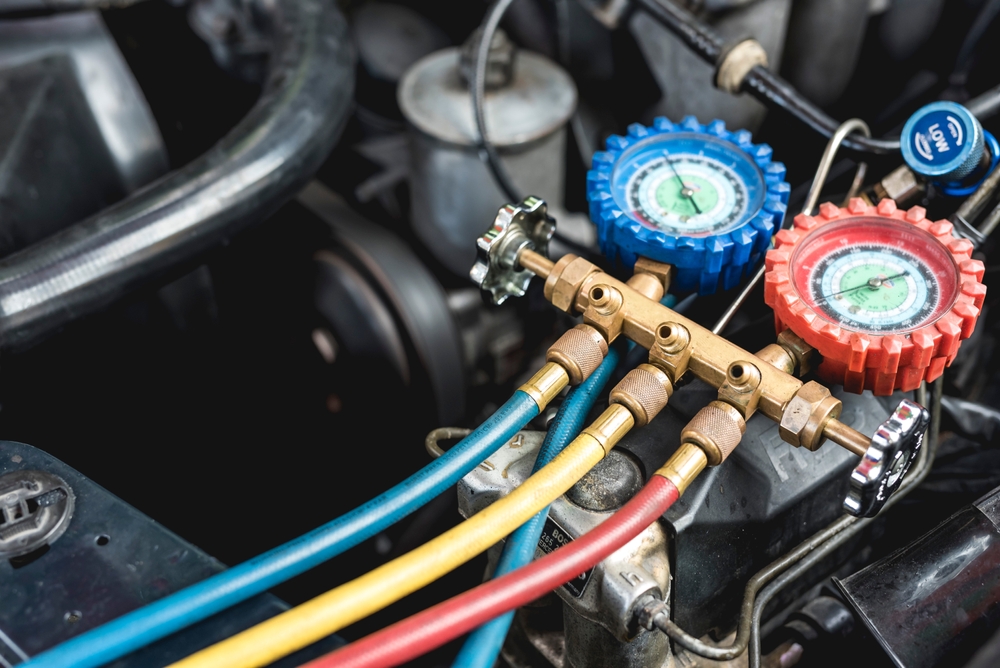
The misconception that the A/C only affects cabin temperature overlooks its impact on engine performance. The A/C system draws power from the engine, which can slightly reduce performance and increase fuel consumption, especially under heavy loads or in smaller engines.
Refrigerant Never Needs to Be Refilled
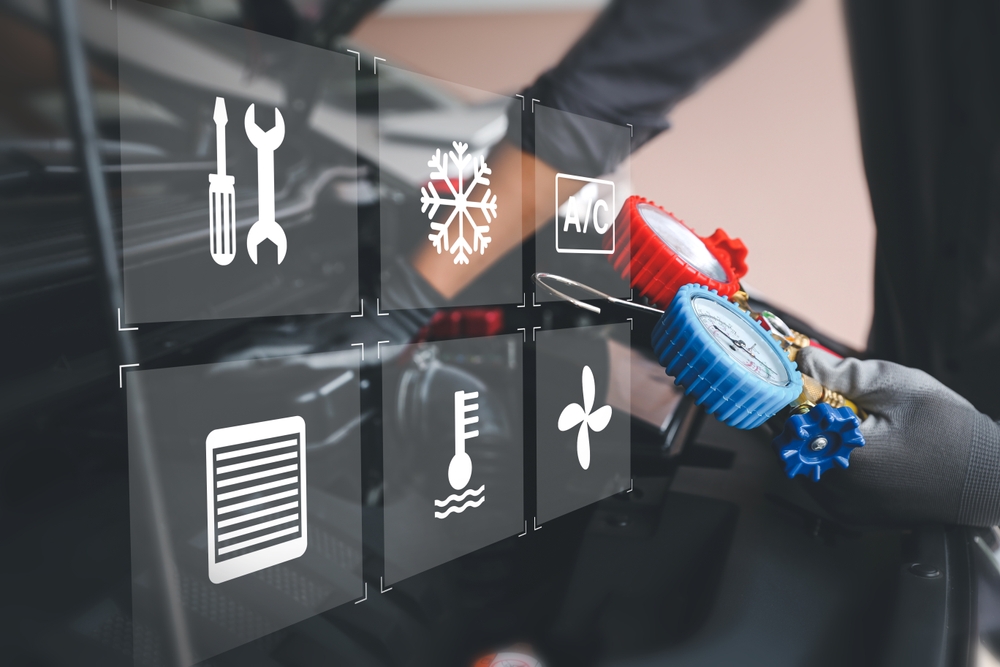
Over time, even a well-maintained A/C system can lose refrigerant due to small leaks. Regular check-ups are essential to ensure optimal performance. Low refrigerant levels can cause the system to work harder, reducing efficiency and potentially leading to costly repairs.
The A/C System Doesn’t Require Regular Maintenance
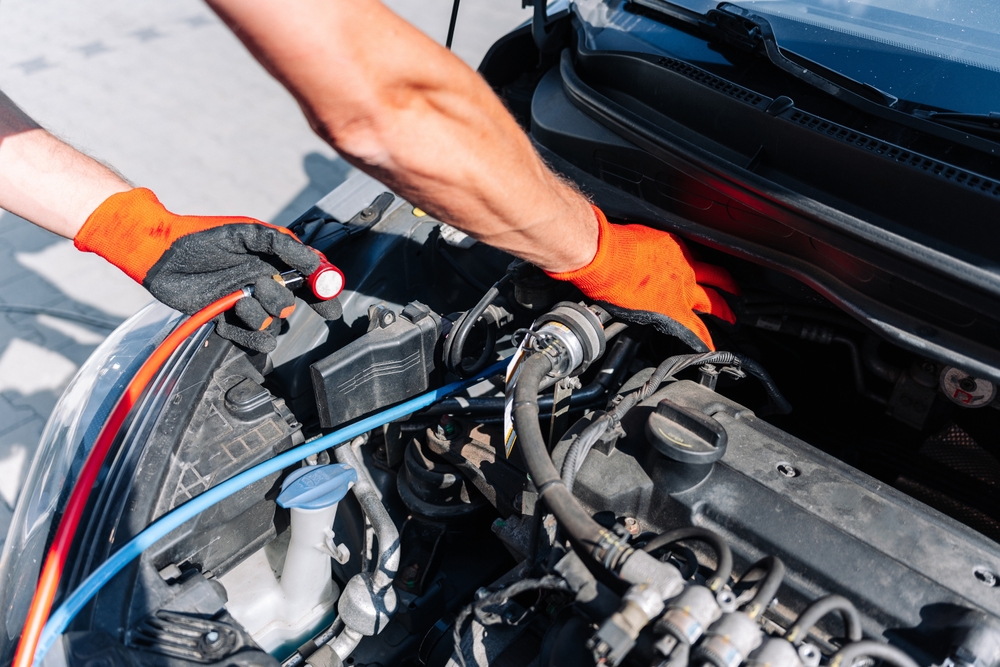
Like any other component of your car, the A/C system requires regular maintenance to perform efficiently. Neglecting to check the system for leaks, clean filters, and ensure proper refrigerant levels can lead to reduced cooling performance and increased fuel consumption.
Max A/C Setting Always Cools Faster

The Max A/C setting recirculates the cabin air, which can cool the interior faster initially. However, it doesn’t mean the system works harder or faster in all conditions. Using it excessively may also lead to increased humidity inside the car, affecting comfort.
A/C Should Be Turned Off in Cold Weather to Save Energy
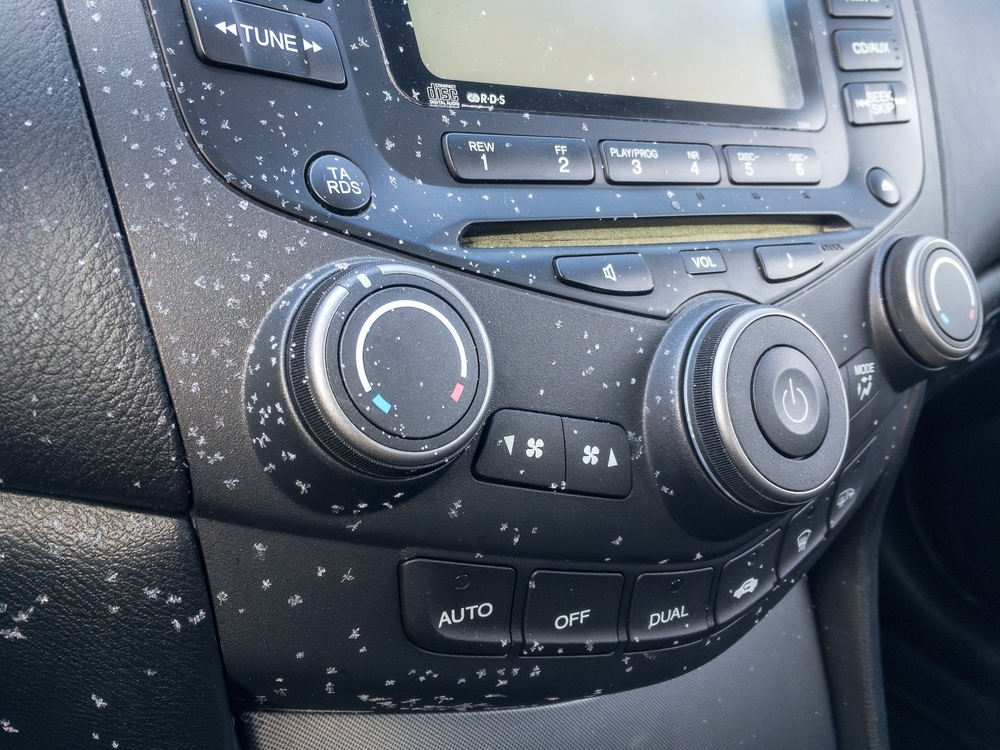
While it may seem unnecessary to use A/C in cold weather, running the system occasionally helps keep the seals and components lubricated, preventing leaks and ensuring the system remains functional when needed.
Turning Off the A/C Immediately Stops Fuel Consumption
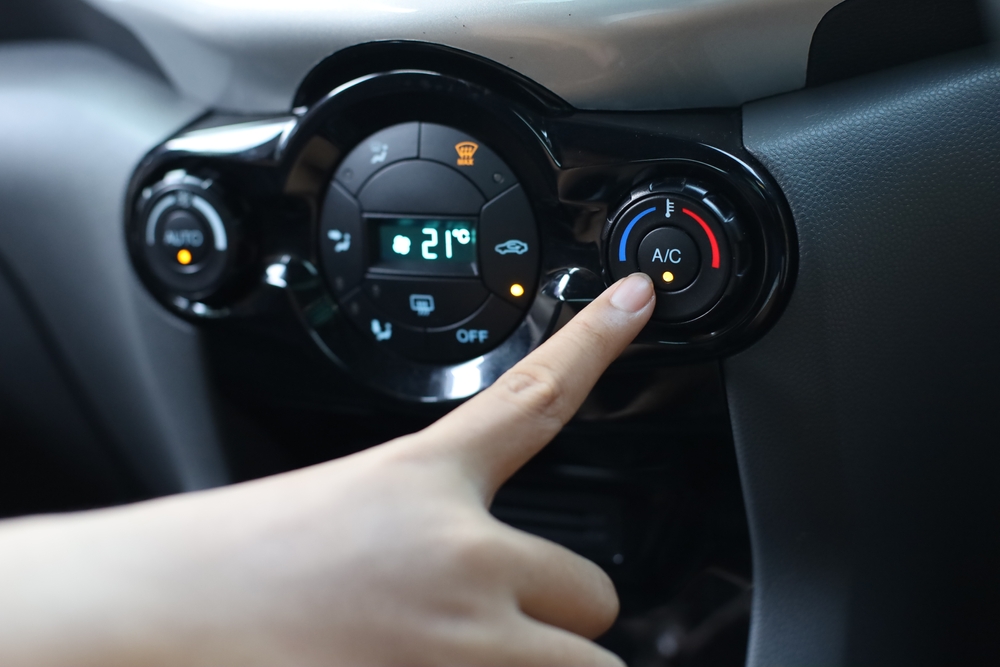
Shutting off the A/C does stop its energy draw from the engine, but the system’s compressor often continues to run for a short period to equalize pressures. The actual fuel-saving effect might not be as immediate or significant as assumed.
Using A/C on High in Hot Weather Is Bad for the Engine

Modern engines are designed to handle the additional load of an A/C system, even in extreme temperatures. Using the A/C on high doesn’t damage the engine but instead ensures the cabin cools down effectively without overworking the system in the long run.
Running A/C at Full Blast Will Damage the System
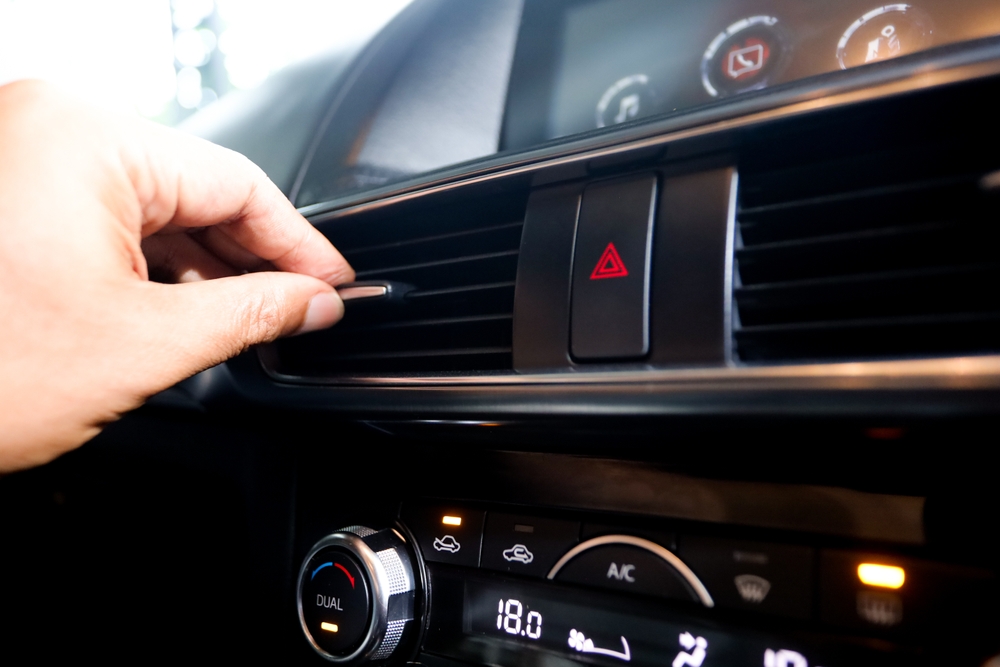
Running the A/C at full capacity in extremely hot weather is not harmful to the system. It’s designed to handle these conditions, and setting it on high allows the car to reach a comfortable temperature more quickly.
A/C Only Uses Power When It’s Cooling the Air

The A/C compressor cycles on and off to maintain the desired cabin temperature, and it continues to draw power even when the air isn’t actively being cooled. This means that the A/C system can affect engine load and fuel efficiency throughout its operation.
Frequent Use of A/C Will Wear Out the Engine Faster

While the A/C system does place additional demand on the engine, this load is typically well within the engine’s capabilities. Frequent use of A/C in itself doesn’t lead to significant wear on the engine, especially with modern vehicles designed to handle this load efficiently.
All Cars Lose A/C Efficiency Over Time
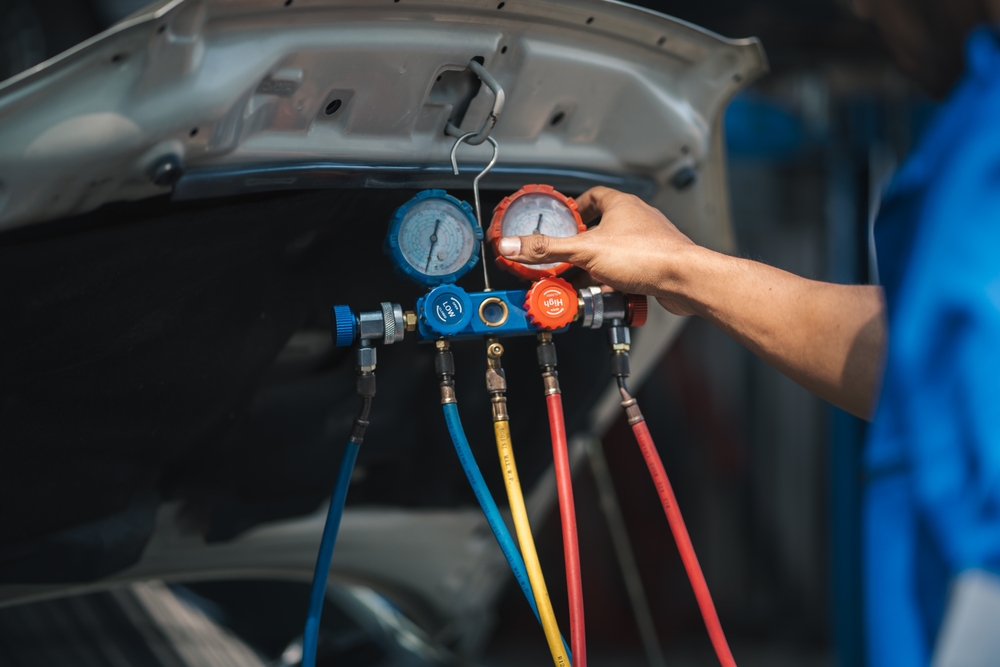
A well-maintained A/C system should not lose efficiency over time. Regular maintenance, such as checking refrigerant levels and cleaning the system, ensures that the A/C continues to perform effectively throughout the vehicle’s lifespan.
This article originally appeared in MyCarMakesNoise.
More from MyCarMakesNoise
10 Frequent Errors in Electric Vehicle Maintenance

Electric vehicles (EVs) are hailed for their innovation and environmental benefits, offering a sustainable alternative to traditional gasoline-powered cars. However, like any advanced technology, they require specific maintenance practices to ensure optimal performance and longevity. Read More
10 Vintage Yachts Still Cruising Seas

Vintage yachts have a timeless allure that captivates both maritime enthusiasts and luxury travelers alike. These vessels, steeped in history and elegance, are more than just boats; they are floating relics of a bygone era that continue to grace the world’s oceans with their presence. Read More
15 of The Most Problematic Luxury Cars

Luxury cars promise an unparalleled blend of sophistication, performance, and cutting-edge technology. Yet, the reality doesn’t always align with these expectations, as some models are plagued by a series of reliability issues. Read More




